
Blog
Exploring Deli Containers Innovations at the 138th Canton Fair 2025 in China
The 138th Canton Fair in 2025 promises to be a pivotal event for the food packaging industry, particularly in the realm of deli containers. As consumer demand for convenience and sustainability continues to rise, the market for deli containers is projected to grow significantly, with a report from Gordon Brothers indicating a CAGR of approximately 4.5% in the next five years. This growth is driven by innovations in materials that enhance functionality and environmental responsibility, catering to both retail and foodservice sectors.
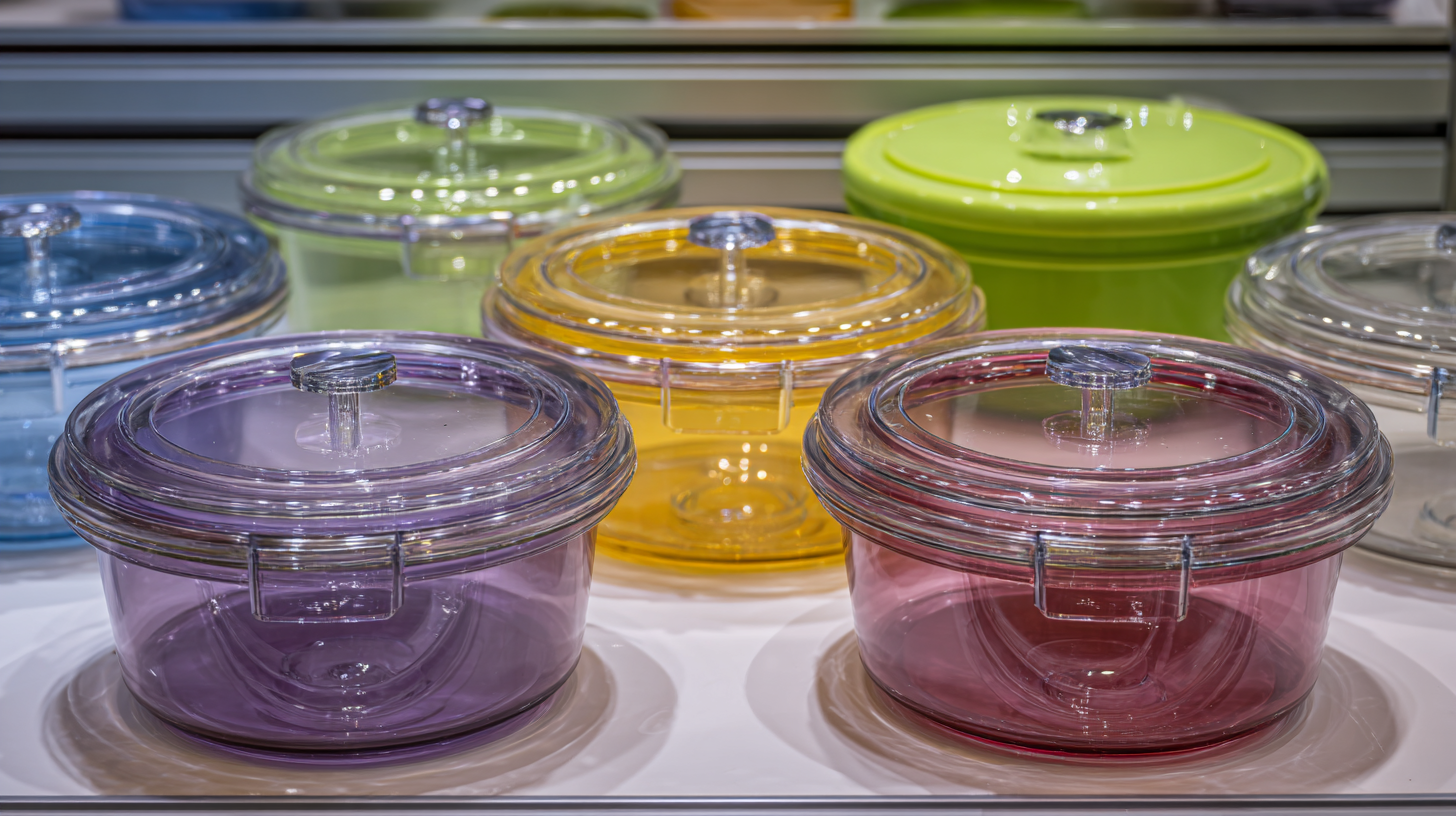
The Canton Fair serves as a vital platform for manufacturers and suppliers to showcase their latest advancements in deli container designs, such as eco-friendly options and innovative tamper-proof features. As the industry pivots towards more sustainable solutions, participation in such expos becomes crucial for stakeholders aiming to stay ahead of trends and consumer preferences in the packaging landscape.
Innovative Trends in Deli Container Materials Showcased at the 138th Canton Fair 2025
At the 138th Canton Fair 2025 in China, a remarkable array of innovative trends in deli container materials was showcased, demonstrating the industry's commitment to sustainability and functionality. Manufacturers introduced advanced biodegradable materials, which not only reduce environmental impact but also offer enhanced durability. These materials are designed to meet the growing consumer demand for environmentally friendly packaging solutions, ensuring that food can be stored safely and responsibly.
Moreover, the integration of smart technology into deli container designs was a standout feature at the fair. Some exhibitors presented containers equipped with temperature control features and smart sealing mechanisms that prolong freshness and enhance food safety. These innovations cater to both commercial and domestic users, offering practical benefits while reducing food waste. As the food packaging industry evolves, these trends signify a shift toward more sustainable practices and smarter solutions, positioning deli containers as a vital component of modern food preservation.
Sustainability Practices in Deli Packaging: A Focus on Biodegradable Solutions
As the 138th Canton Fair approaches in 2025, the spotlight on deli containers is not just about functionality and aesthetics, but increasingly about sustainability practices. Recent reports indicate that the global biodegradable packaging market is projected to reach $500 billion by 2027, driven by both consumer demand and legislation pushing for greener alternatives. This shift is particularly relevant in the deli sector, where single-use plastics have long dominated. Companies are now exploring innovative biodegradable options that reduce environmental impacts while maintaining product integrity.
To adopt sustainable deli packaging, businesses should consider materials such as plant-based plastics and compostable fibers. These alternatives not only cater to eco-conscious consumers but can also enhance brand loyalty. A recent Nielsen survey showed that 73% of global consumers are willing to change their consumption habits to reduce environmental impact, reinforcing the necessity for brands to shift towards sustainable solutions.
Tip: When selecting biodegradable packaging, ensure that it meets industry certification standards, such as ASTM D6400, to guarantee the compostability of materials. Collaborating with suppliers who prioritize sustainability can also lead to innovative packaging solutions that align with your brand values.
Market Growth Statistics: Deli Container Demand Projections through 2025
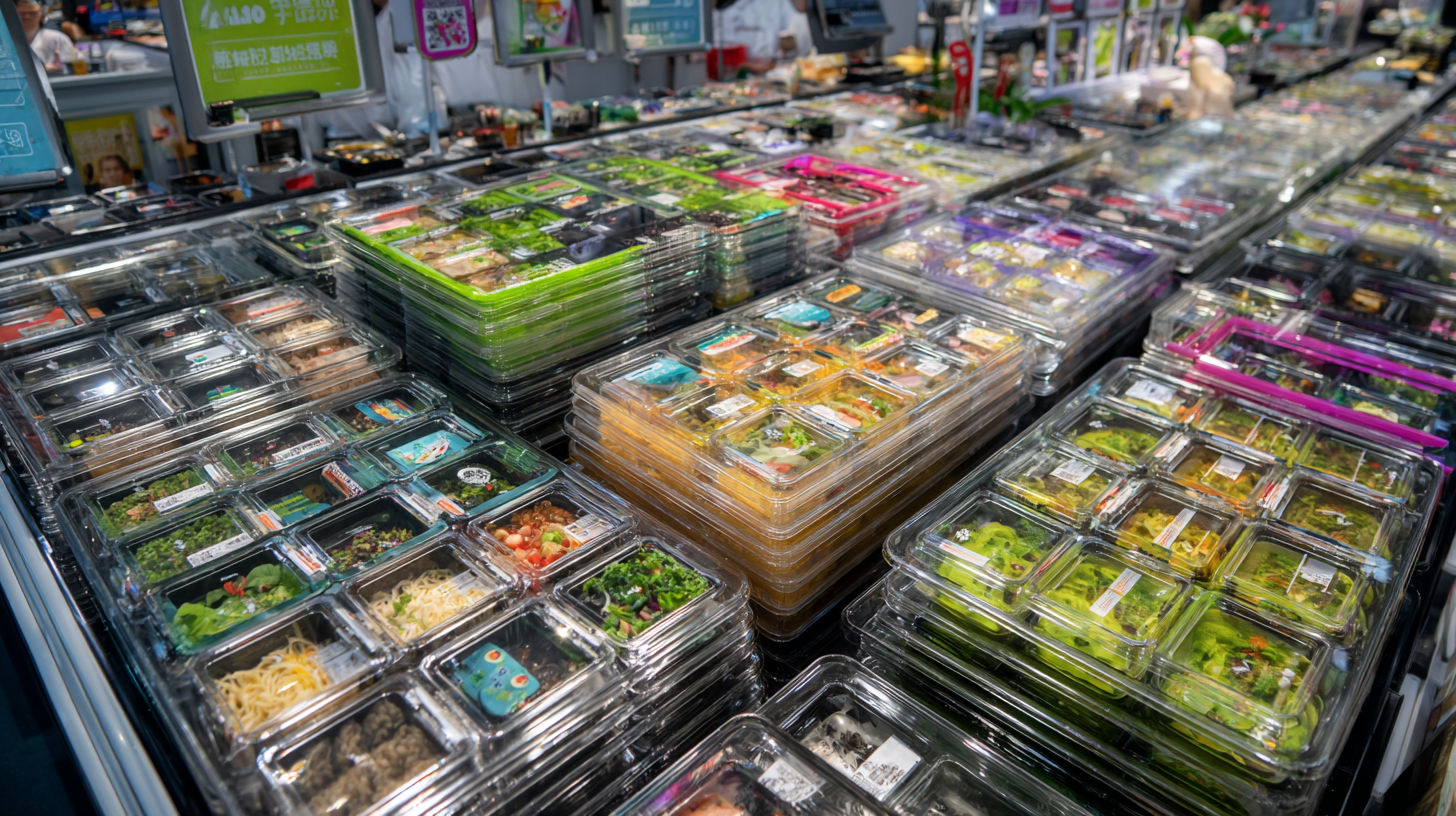 At the 138th Canton Fair 2025 in China, the exploration of deli container innovations is set against a backdrop of significant market growth projections. Demand for deli containers is anticipated to rise, fueled by an expanding food service sector that increasingly favors sustainable and efficient packaging solutions. As consumer preferences shift towards convenience and eco-friendliness, the burgeoning deli container market presents opportunities for manufacturers to adapt and innovate.
At the 138th Canton Fair 2025 in China, the exploration of deli container innovations is set against a backdrop of significant market growth projections. Demand for deli containers is anticipated to rise, fueled by an expanding food service sector that increasingly favors sustainable and efficient packaging solutions. As consumer preferences shift towards convenience and eco-friendliness, the burgeoning deli container market presents opportunities for manufacturers to adapt and innovate.
Projections indicate that the thin wall plastic container market will experience considerable growth, expanding from USD 37.44 billion in 2025 to USD 57.08 billion by 2034, demonstrating a CAGR of 4.8%. This trend underscores the growing need for lightweight and cost-effective packaging options. To tap into this demand, businesses should consider investing in advanced manufacturing technologies and exploring biodegradable materials to appeal to environmentally conscious consumers.
Tips for success in the evolving deli container market include staying informed about emerging trends, optimizing supply chain management to reduce costs, and engaging with consumers through sustainable practices. By prioritizing innovation and addressing market demands, companies can effectively position themselves for long-term growth and success in this competitive landscape.
Technological Advancements in Deli Container Design for Enhanced Food Preservation
At the 138th Canton Fair in 2025, innovations in deli container design took center stage, showcasing the latest technological advancements aimed at enhancing food preservation. The demand for effective food storage solutions has surged in recent years; according to a report by Research and Markets, the global food packaging market is expected to reach $600 billion by 2025, with a significant portion driven by advancements in container technology. These innovations not only extend shelf life but also improve the safety and freshness of food products, catering to the growing consumer insistence on quality.
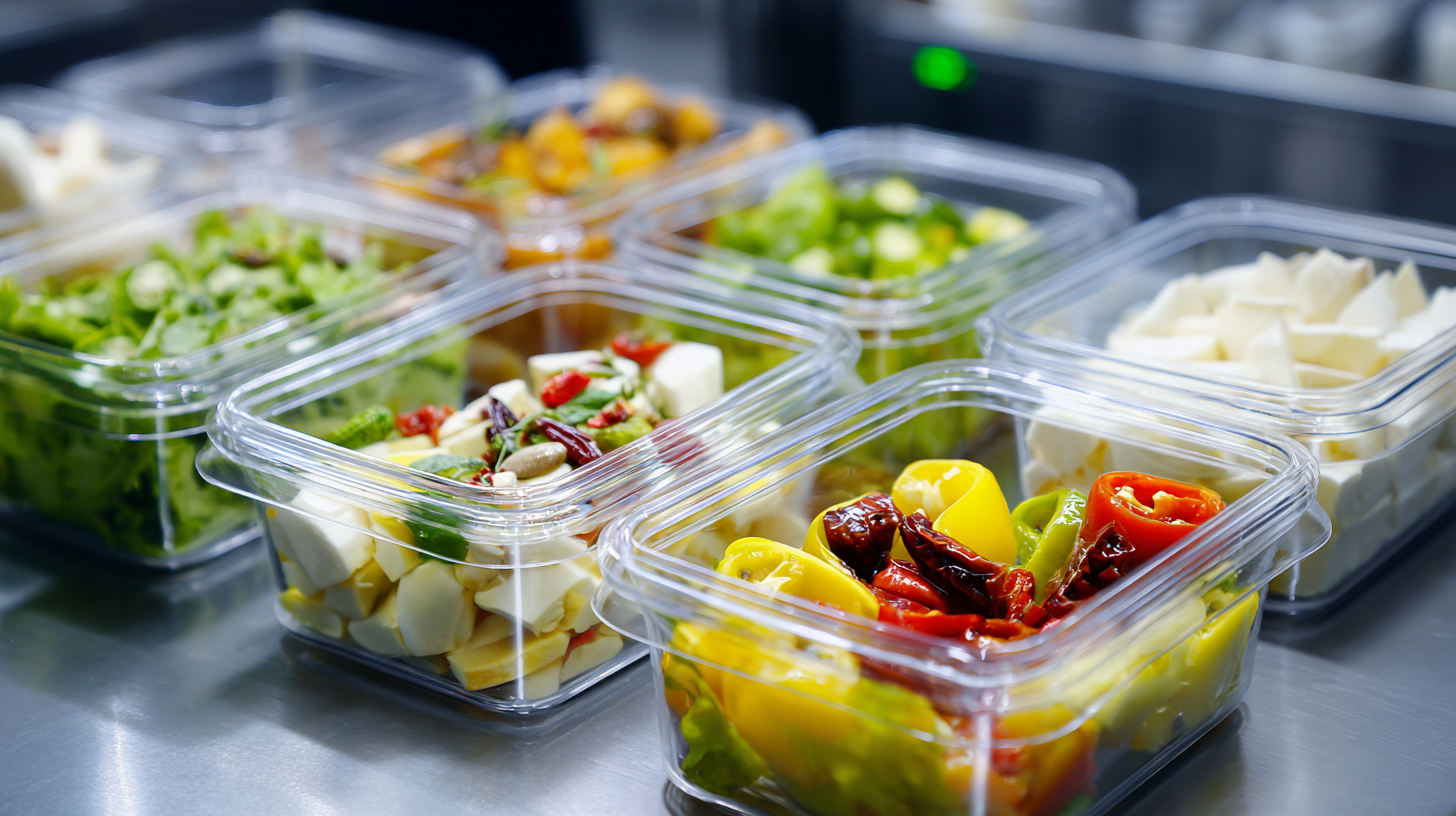
One notable advancement involves the integration of smart technology within deli containers. These containers are now equipped with sensors that monitor temperature and humidity, ensuring optimal conditions for food preservation. A study published in the Journal of Food Science indicated that temperature fluctuations can reduce the shelf life of perishable items by up to 25%. By leveraging smart technology, producers at the Canton Fair are responding to this challenge, providing solutions that effectively manage food quality throughout the supply chain. As consumer awareness about food safety rises, such innovations are vital in driving the deli container market forward.
Consumer Preferences: The Shift Towards Eco-Friendly and Reusable Deli Containers
As consumer awareness of environmental issues continues to grow, the demand for eco-friendly and reusable deli containers is on the rise. At the 138th Canton Fair in 2025, several innovative companies are expected to showcase their latest designs aimed at reducing environmental impact. These new deli containers are not only made from sustainable materials but also feature designs that promote reuse and recycling, aligning with consumer preferences for greener options.
Tips for selecting eco-friendly deli containers: First, look for products made from biodegradable or recyclable materials, as these will decompose more easily in landfills. Second, prioritize containers that are designed for multiple uses; investing in durable products can save money and reduce waste over time. Lastly, consider the container's size and shape to ensure it fits your needs while minimizing excess packaging. This thoughtful selection process can enhance your sustainability efforts while meeting your storage needs effectively.
In addition to preventive measures, innovation in design plays a significant role in capturing consumer interest. Creative solutions like stackable, collapsible, or multi-compartment containers not only enhance functionality but also appeal to the environmentally-conscious buyer. As businesses adapt to these consumer preferences, they are likely to expand their eco-friendly offerings, paving the way for a more sustainable future in food storage.
Related Posts
-
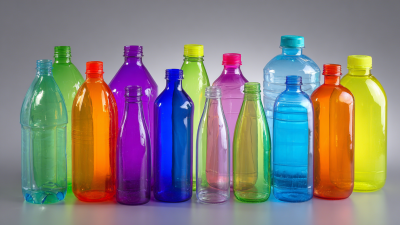
Exploring the Best Options for Bulk Plastic Bottles A Comprehensive Comparison Guide
-
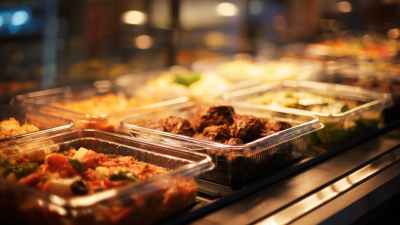
10 Best Reasons to Choose Plastic To Go Containers for Your Business
-

How to Choose the Right Plastic Bottles for Your Business Needs
-

Unlocking Efficiency: The Top Benefits of Plastic Shipping Boxes for Your Business
-

How to Select the Right Plastic Bulk Containers for Optimal Warehouse Efficiency
-
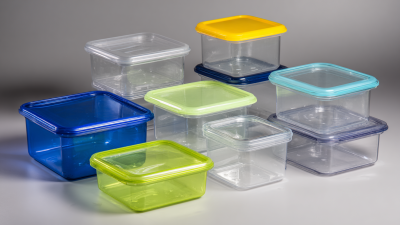
Finding Quality Suppliers for the Best Square Plastic Containers Made Easy
